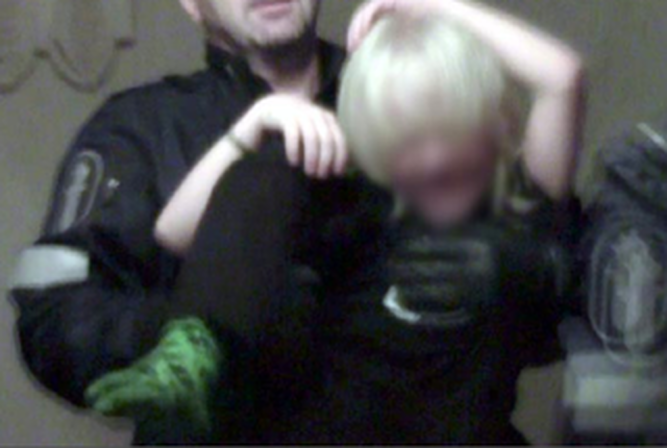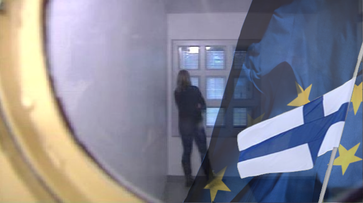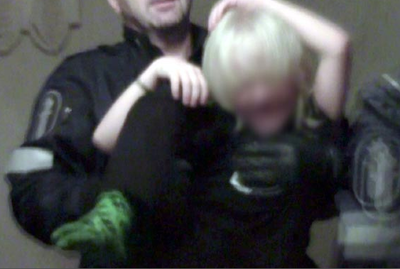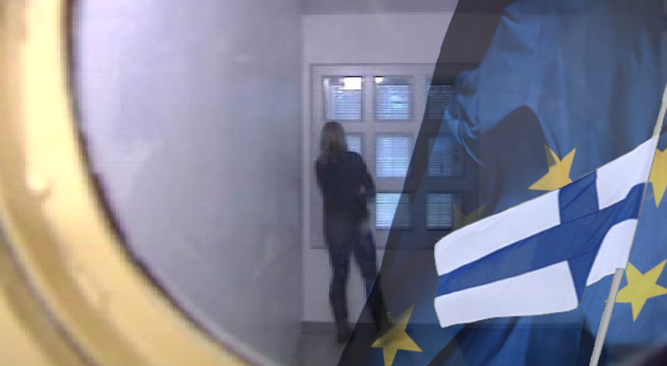
Be aware that the municipal child welfare agencies are actively seeking clients and they have close contacts with the child welfare industry. The Government’s financing model (child welfare coefficient) has made it more advantageous for the municipalities to take children into care than to give support in open care. The child welfare institutions receive around 80 000–150 000 euros a year per child in care. Foster families receive around 30 000 euros of which one third is tax free.
All of the municipal services (maternity and child health clinics, health care, day care, schools etc.) that are required by law to report suspected child welfare issues, participate in the canvassing for clients.
Prejudices
Everyone is equal before the law.
Do not allow yourself or your child to be treated as a problem case if there are no real problems. You are the best expert on your child.
Gender, age, origin, language, religion, beliefs, opinions, health, disability or another reason related to the person are not grounds for branding you as a problem case. They are not grounds for your child becoming a child welfare client or for the carrying out of child welfare measures. Poverty and income support are not grounds for child welfare measures either.
You and your family have a legal right to receive social and health services. According to the law, your wishes are to be heard.
Your child has the right to free basic education, the right to receive support for schooling without being removed from home (taken into care). The support can be for example remedial education, special education and/or working in small groups. The child also has the right to a safe learning environment.
Your child has the right to receive health services (e.g. psychiatric care) without being removed from home (taken into care).
Problem seeking
Taking part in the problem seeking sessions of child welfare can be the beginning of real problems.
When you meet a child welfare worker:
- Do not accept their general jargon, but be specific and make the matters clear.
- Ask well-defined questions, write down or record all of the discussions. You have the right to use an assistant during the meetings.
Be aware that the child welfare worker usually has an agenda that you are not informed of.
Prying
The Finnish constitution and the human rights agreements protect family life.
You do not have to give details about your family matters unless you want to do so.
Be aware, that when you talk about a difficult episode in your or your child's life, it can lead to a lifelong diagnosis for you or your child, or it can be used as grounds for child welfare proceedings.
Be aware that the child welfare workers usually create their own story about you and your family.
Make sure that your child also knows that there is no obligation to talk about their own or the family's matters to outsiders.
Be aware that all information you have given and all information about you will be documented. That information will always be available to be used against you and your child.
Ask at regular intervals to receive the reports written by the child welfare officers. You are legally entitled to have them.
Be aware that becoming a child welfare client is an impediment to the child’s future.
Cooperation
Freedom of speech is in accordance with the Finnish constitution.
Cooperate correctly with the authorities.
According to the law, the client’s wishes and opinions have to be taken into account when offering social and health services.
You are legally entitled to present your opinions and views on the activities of the child welfare officers.
Be aware that presenting a different opinion can lead to child welfare measures being taken. The grounds that would be used are that you are incapable of cooperating and you do not understand what is in your child’s best interests. Be aware, that refusing to cooperate with the child welfare staff can lead to child welfare measures being taken.
The child welfare authority can refuse to cooperate and can be out of reach. According to the law, you can make a complaint or comment on the matter. Be aware that doing so and interfering with the authority’s inappropriate or illegal practices can lead to child welfare measures being taken.
Supervision
Child welfare support in open care is voluntary according to the law.
Learn to identify whether you are receiving help or supervision, whether the authority wants to help or only to control you and your family.
Identifying questions
The questions below help to identify and ascertain the client’s situation, so they are a tool for the parents.
Have you personally asked for help?
Was the help what you had hoped for?
Have you received help even though you did not want any?
Are your wishes being taken into consideration?
Are you being threatened that your child will be taken away from you if you do not accept the support measures?
Do you want to be subjected to supervision exclusively?
Be aware that refusing the support measures offered in open care can in itself lead to child welfare measures being taken.
Be aware that the child welfare workers spread information about your family to different authorities and negotiate with them. Networks and teams unknown to you are making decisions about your child without you being able to control the situation in any way.
Leeni Ikonen
> Contacts
Kansanvalistusta lastensuojelun asiakkaalle
K сведению клиентов службы защиты прав ребенка
Other articles:
Open letter to Committee for the Prevention of Torture (CPT)







 RSS Feed
RSS Feed
